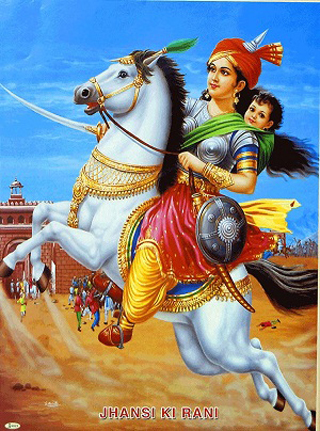The first thing that my class was advised, by the teachers at the institute where I studied animation, was to maintain a dream diary. Divakaruni supports this, ‘I think it is definitely a good idea for writers to jot down ideas and images from dreams and see if they can use them.’
It’s helpful to write a dream as soon as you wake up since the memory of dreams slips away quickly as the day progresses. Another advantage of this habit is that it may help you further your story.
When we are working on a story, we are constantly thinking about it which results in a lot of dreams that can be very helpful for your tale. Divakaruni says, ‘When I was writing the Mistress of Spices, some of the elements of that novel came from dreams. Also, one of my characters in Queen of Dreams had recurring dreams, which was very similar to a recurring dream I had.’
However, dreams will not bring you the entire story on a platter. You have to use them and your creativity as well. Meyer would sleep with a notepad, and then would try to decipher her sleepy scrawls in the morning. ‘As a writer, it’s important to know when to depart from dreams and move into imagination,’ says Divakaruni.
Apart from stories, dreams have worked wonders in various areas. Paul McCartney, of the Beatles, wrote the famous song ‘Yesterday’ from a dream. It is said that Otto Loewi’s Nobel winning experiment related to the chemical transmission of nerve impulses took birth from a dream.
So next time you turn in, take a leaf from Meyer’s book, and sleep with a notepad and a pen. It just might be the key to your success!






